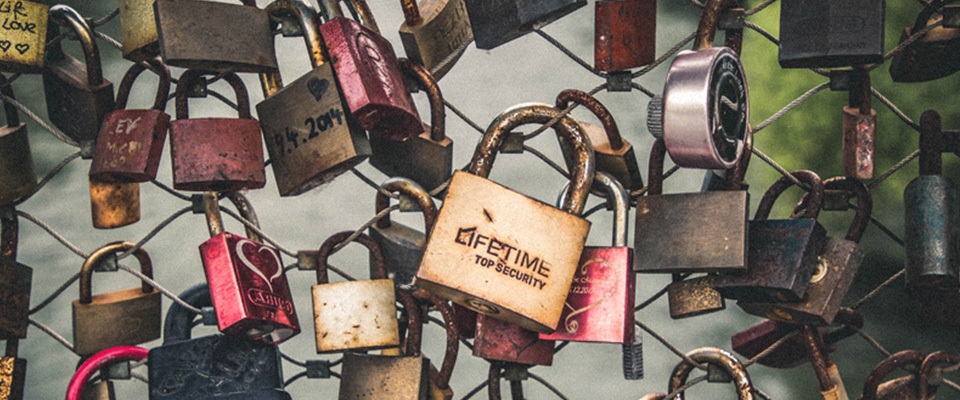The following is a best-practice checklist to help you maintain a safe, secure environment for babies and toddlers in your church.
- Ensure proper screening of all workers. This is the single most important safety measure you can take.
- Use a secure check-in system. Computerized systems are convenient and can provide a range of safety features, such as unique security codes for each child, newly generated each time they are checked in.
- Have a procedure for communicating with parents as needed during services.
- Only allow screened workers to enter rooms, with the exception of nursing mothers or when a parent or guardian has been called to assist with a child.
- Install video cameras in each room. Have a policy for reviewing and keeping footage.
- Have diapering/restroom policies that virtually eliminate any opportunity for improper behavior, including the following:
- Only allow females to change diapers and assist in bathrooms.
- Require two staff members to be present during diapering and bathroom breaks.
- When children reach age 3, discontinue direct bathroom assistance. Staff may simply provide supervision and assist with hand washing. If a child needs help, a parent may be called.
- Never allow children and workers to use the same restroom facilities at the same time.
- Follow the “two-adult rule.” At no time should a child be left alone with an adult or other minor.
- Maintain recommended child/worker ratios as recommended by the National Association for the Education of Young Children:
- Infants birth-15 months—1:3 for a group of 6 and 1:4 for a group of 8.
- Toddlers 12-28 months—1:3 for a group of 6 and 1:4 for a group of 8 to 12.
- Toddlers 21-36 months—1:4 for a group of 8; 1:5 for a group of 10; 1:6 for a group of 12.
Watch: Risk Mgmt LIVE: Why Background Checks Are Not Enough
Emergencies
- Appoint a safety and security team who is responsible for establishing policies and procedures for emergencies. It’s highly recommended to involve local law enforcement.
- Post tornado/fire evacuation routes clearly in every room.
- Maintain working smoke and carbon monoxide alarms and fire extinguishers.
- Utilize walkie talkies to communicate easily and quickly with the security team.
- Provide classroom doors that can be locked from the inside in the event of a lockdown, such as in an armed shooter situation.
Watch: Risk Mgmt LIVE: Emergency Operations Plans for Churches

General:
- Train workers in proper hand washing and food handling protocols.
- Post hand washing instructions in restrooms and diapering areas.
- Post diapering hygiene instructions. Many churches require workers to wear gloves during diapering.
- Provide diaper disposal containers, and empty regularly.
- Follow recommended procedures for disinfecting toys and diaper areas.
- Cover outlets.
- Install child safety locks.
- Ensure all cribs and other equipment are compliant with federal regulations.
- Follow recommended crib bedding guidelines and SIDS prevention methods. For the most up-to-date information, visit www.AAP.org.
- Maintain adequate liability insurance coverage at all times.
Watch: Risk Mgmt LIVE: Church Liability Coverage (part 1)
While this list is not exhaustive, it does provide a good starting point in making a secure environment that gives peace of mind to parents and church leaders. For more information about protecting kids and reducing church risk, call 866.621.1787 or email me at jsparks@agfinancial.org.



